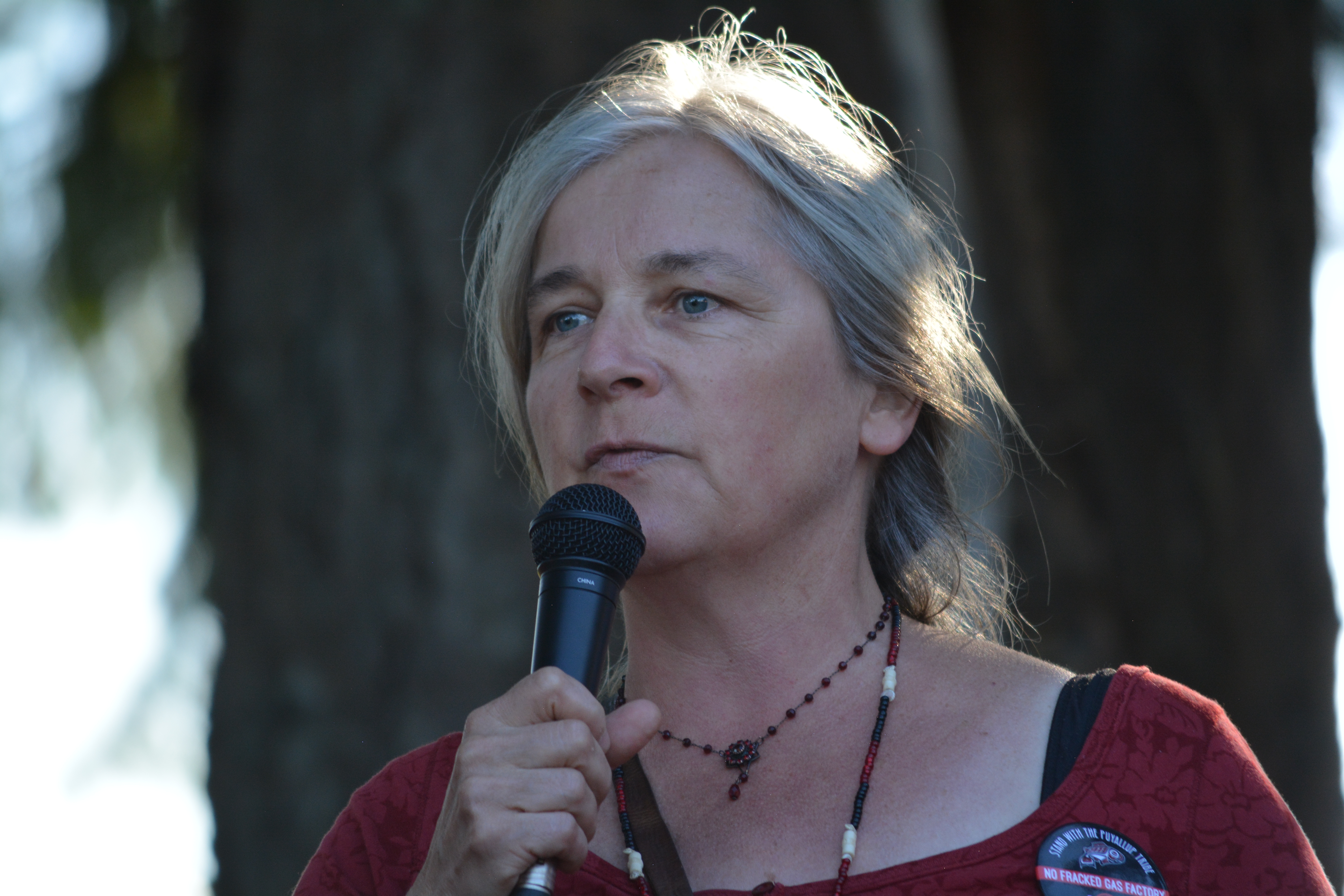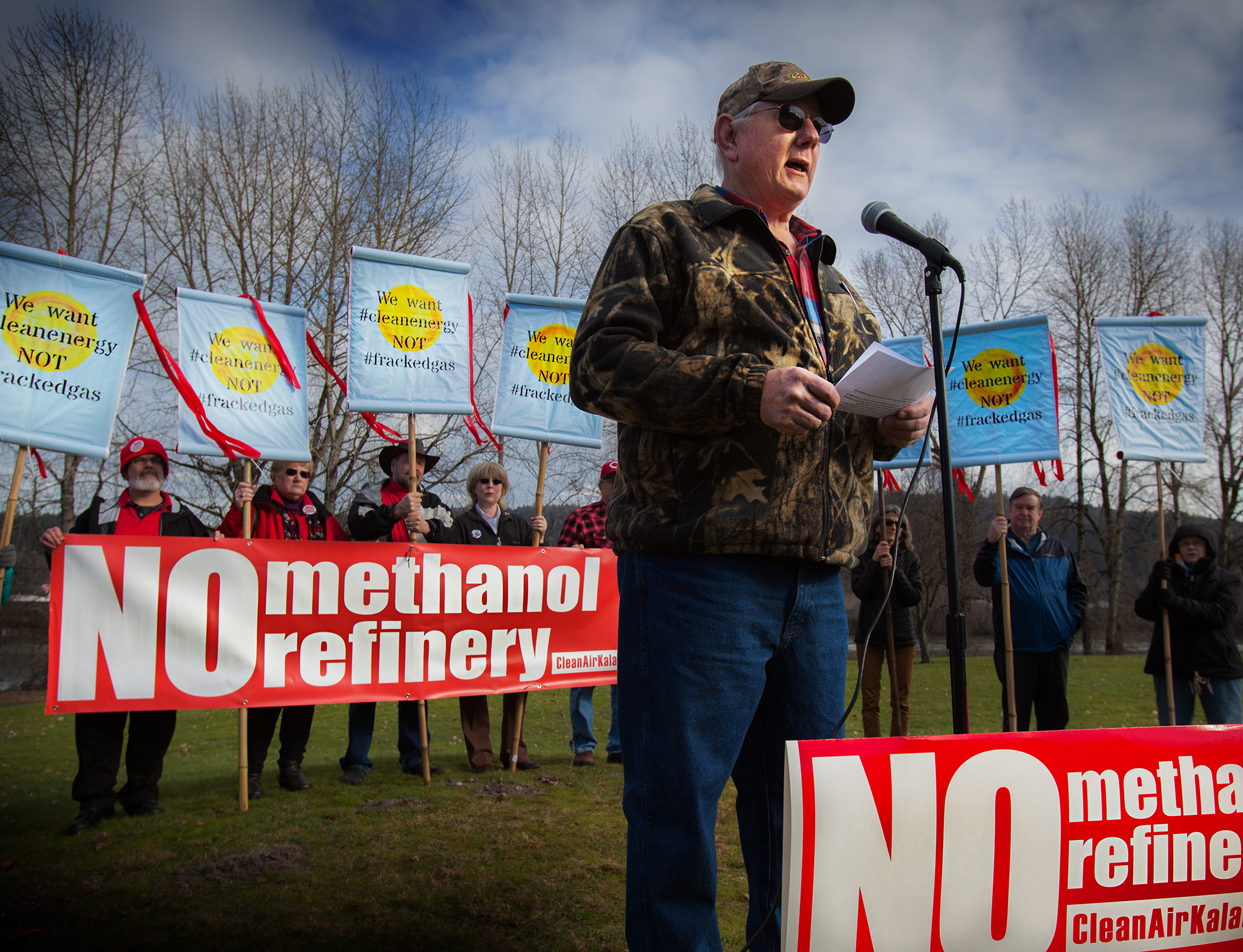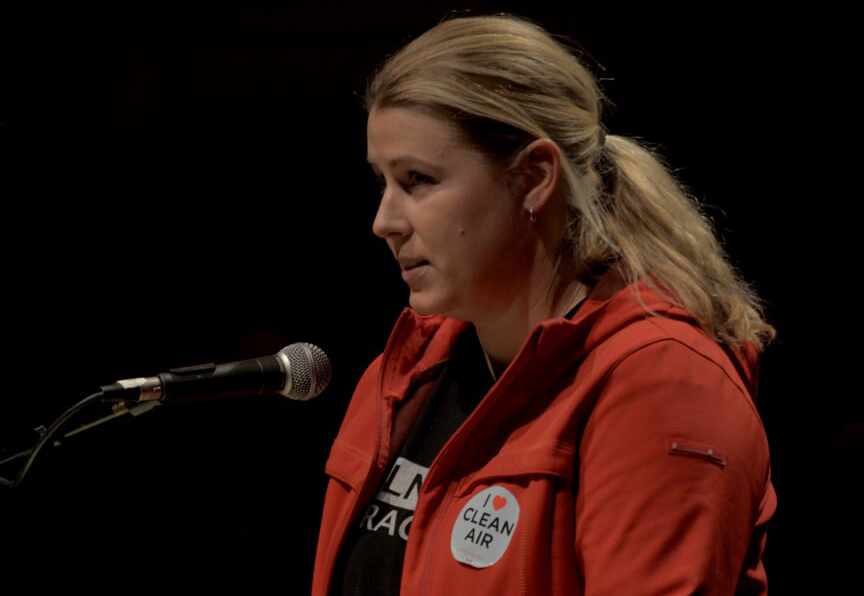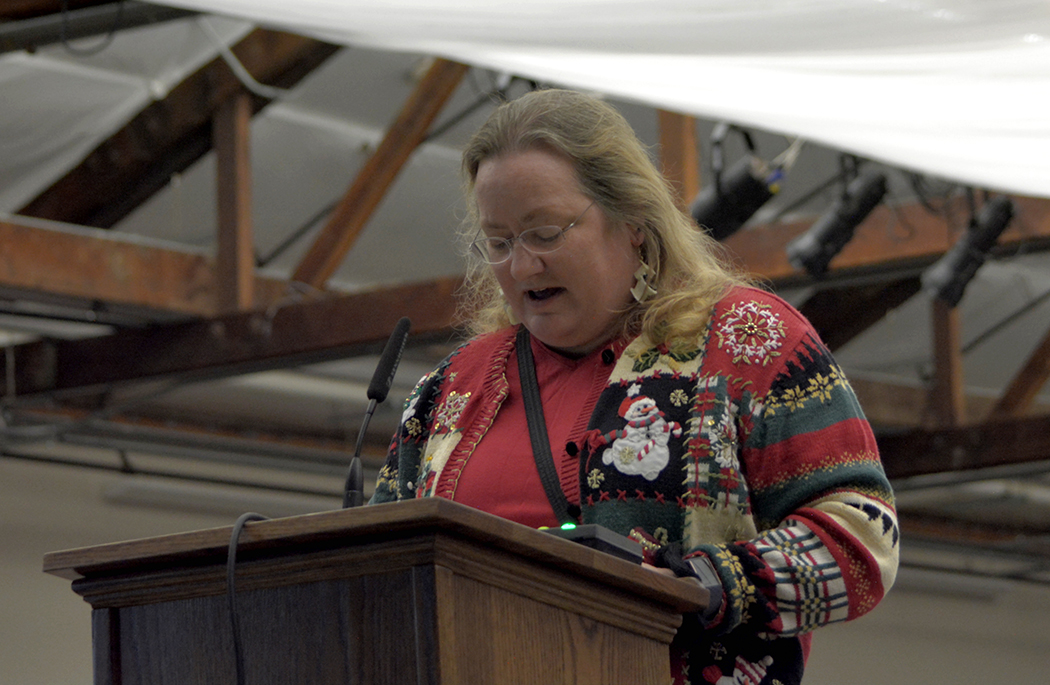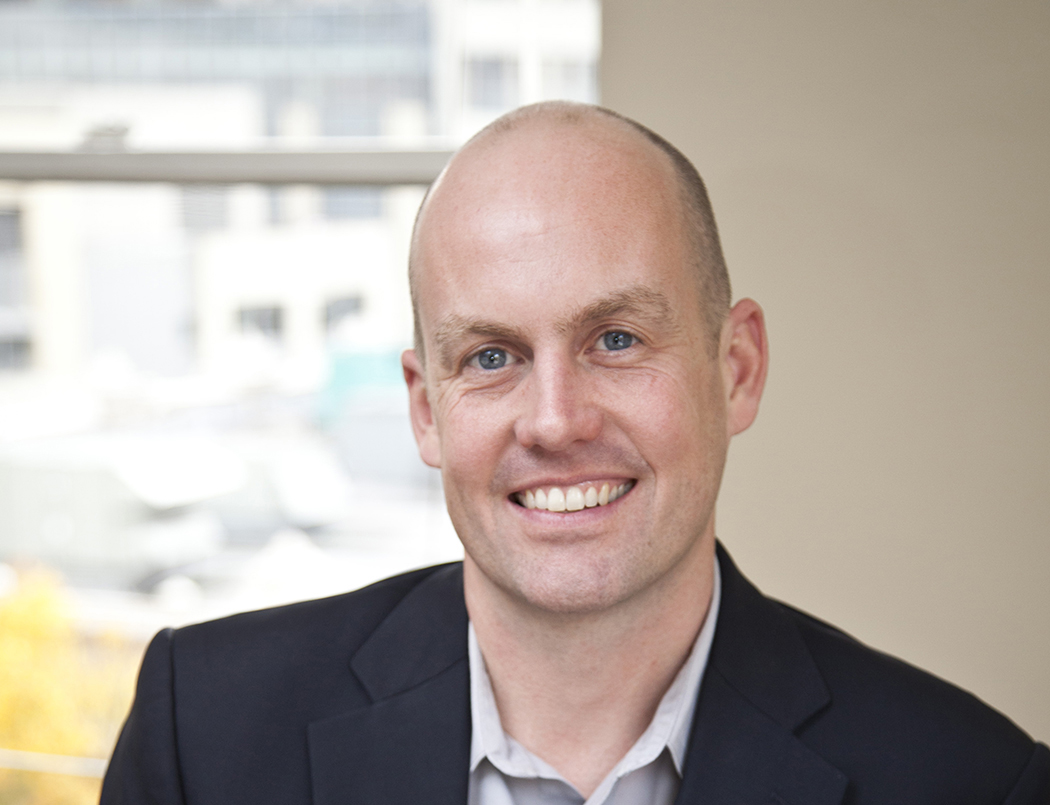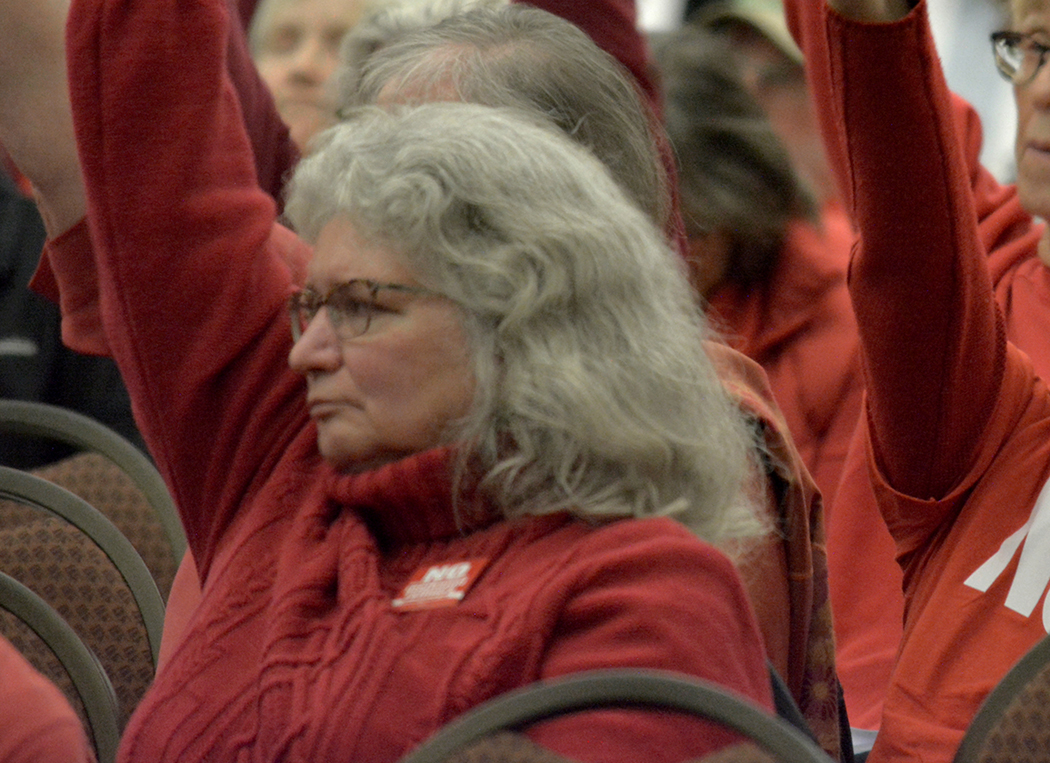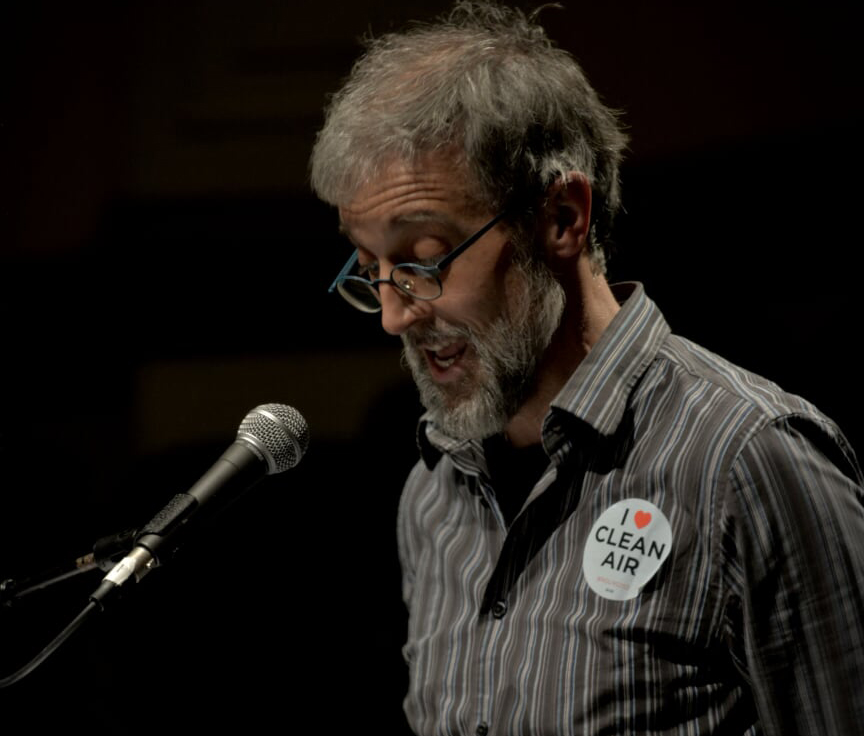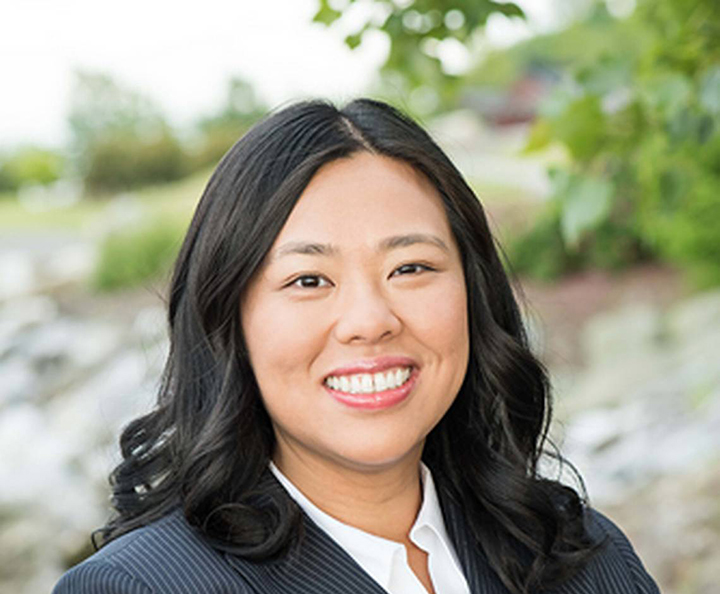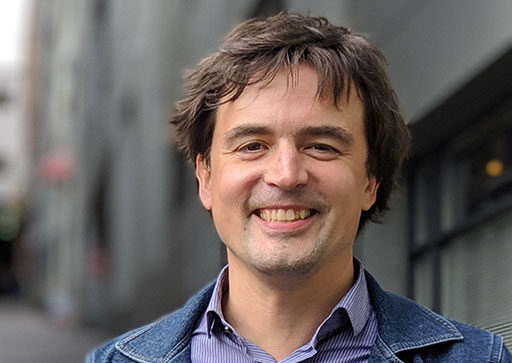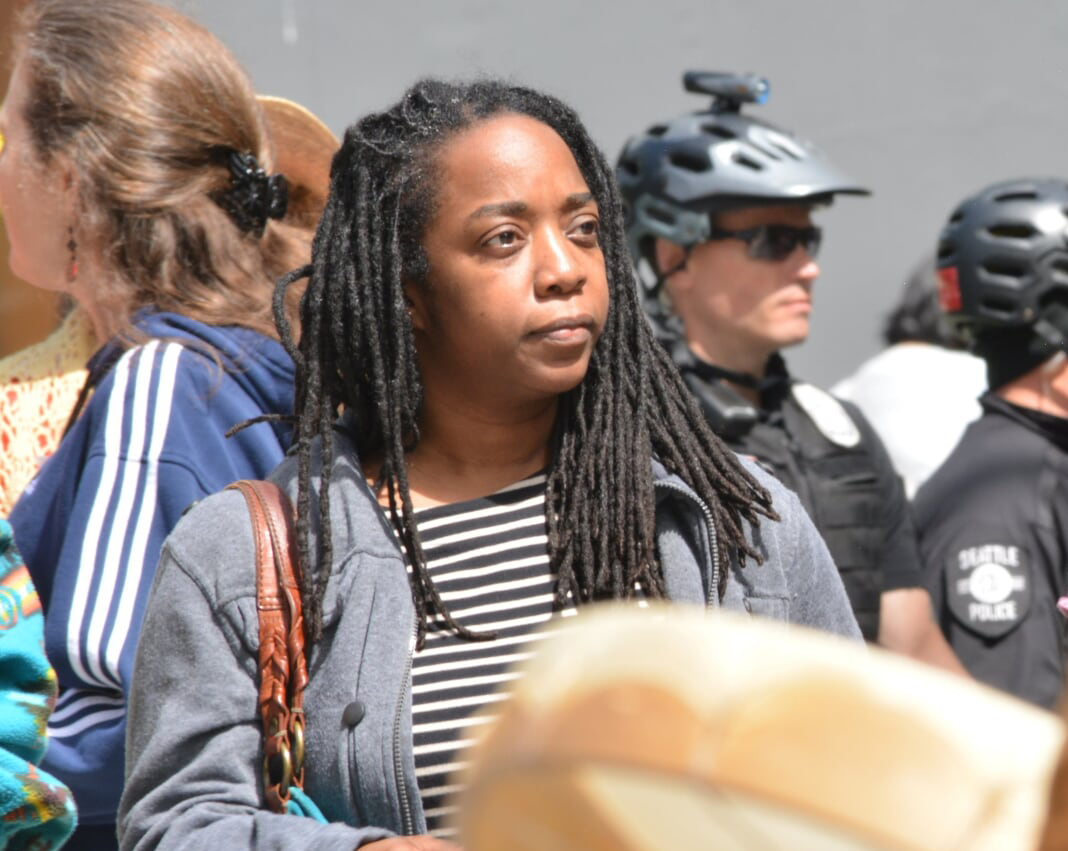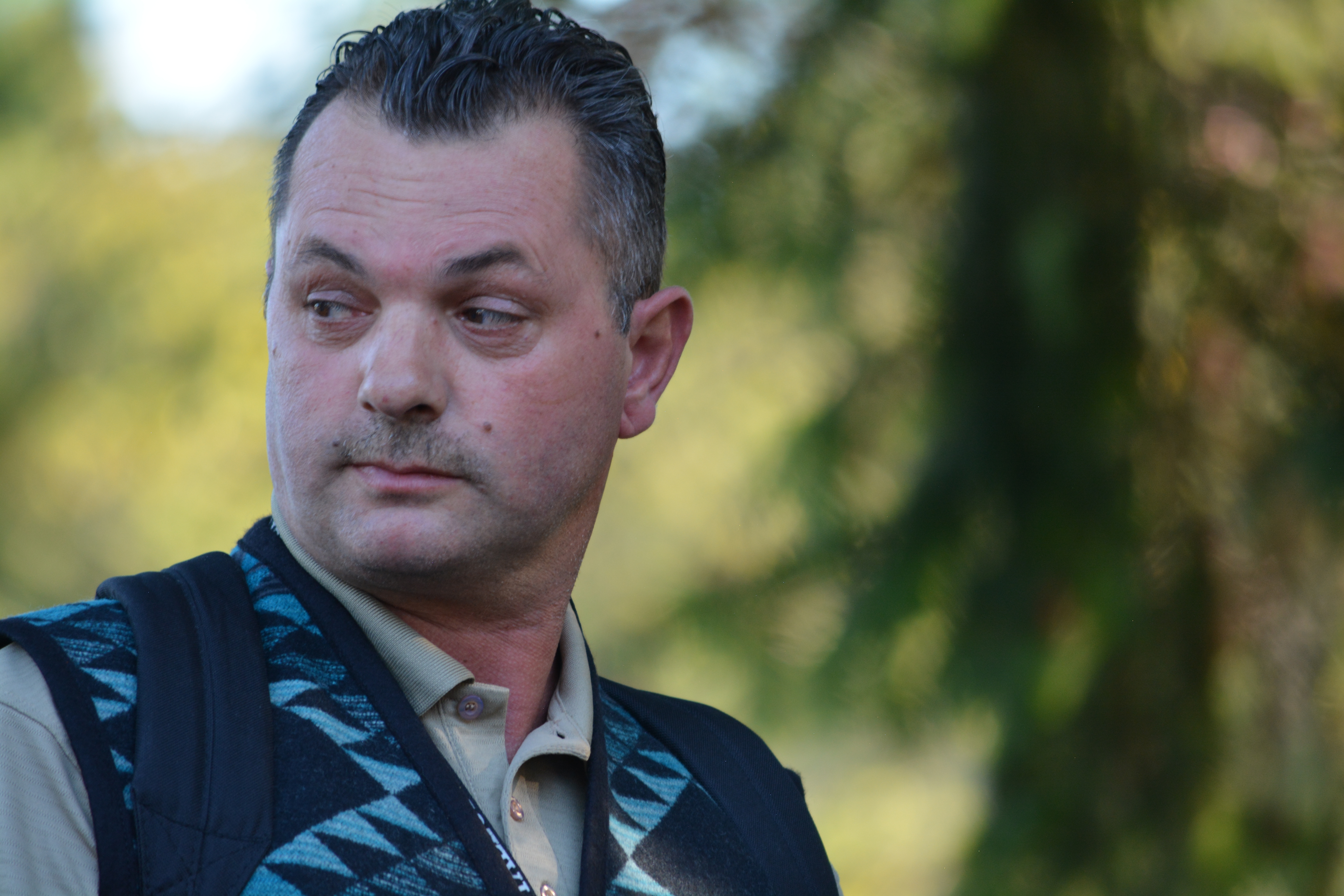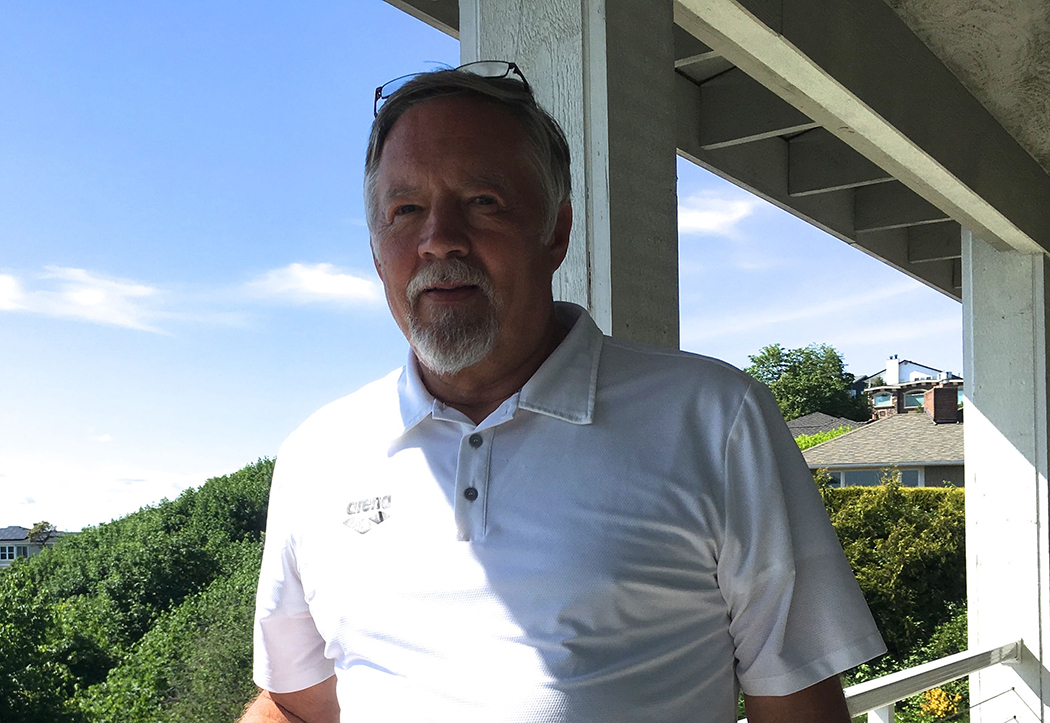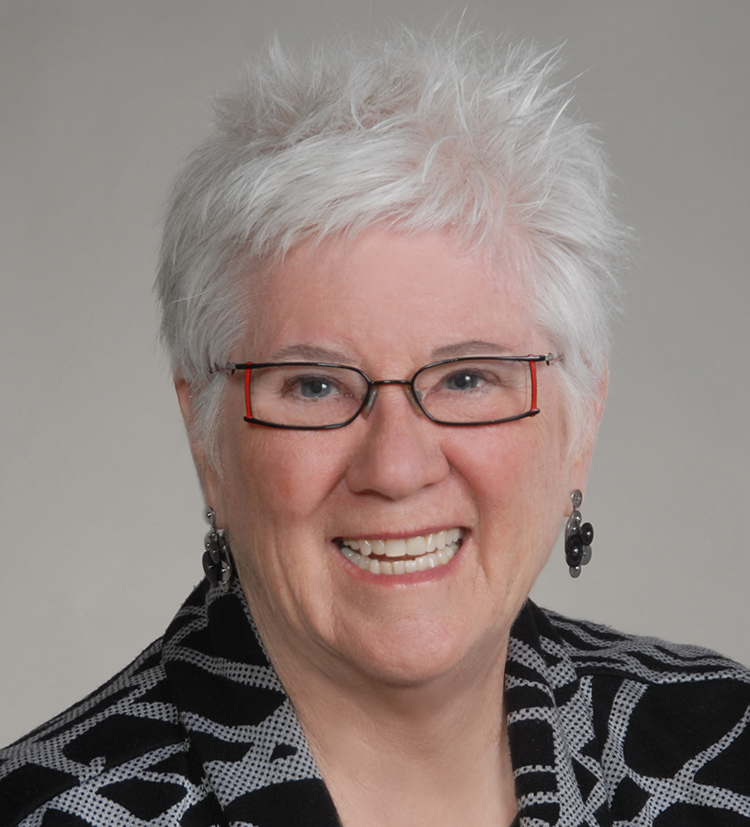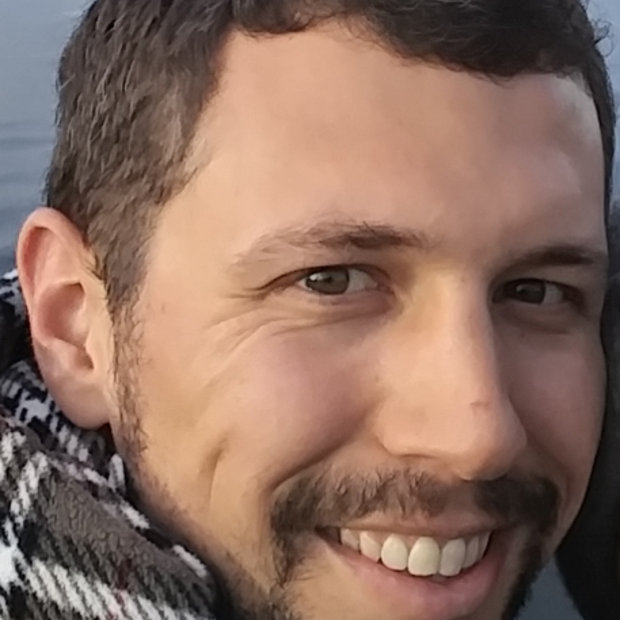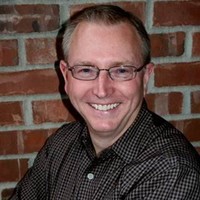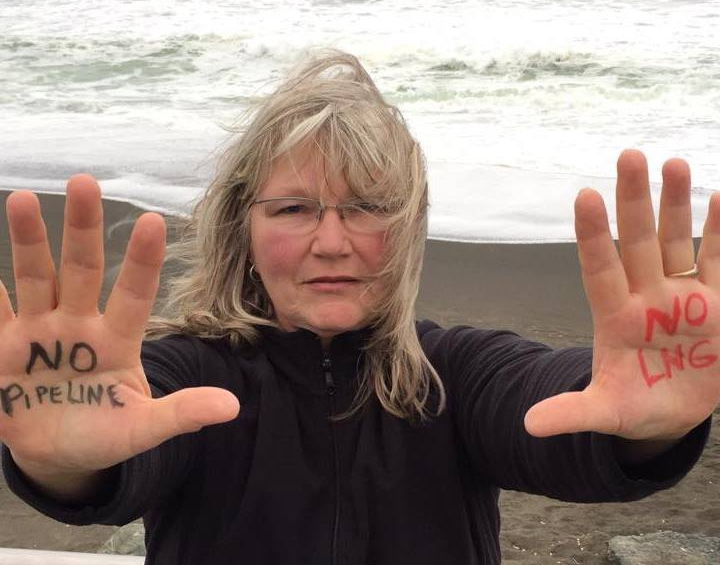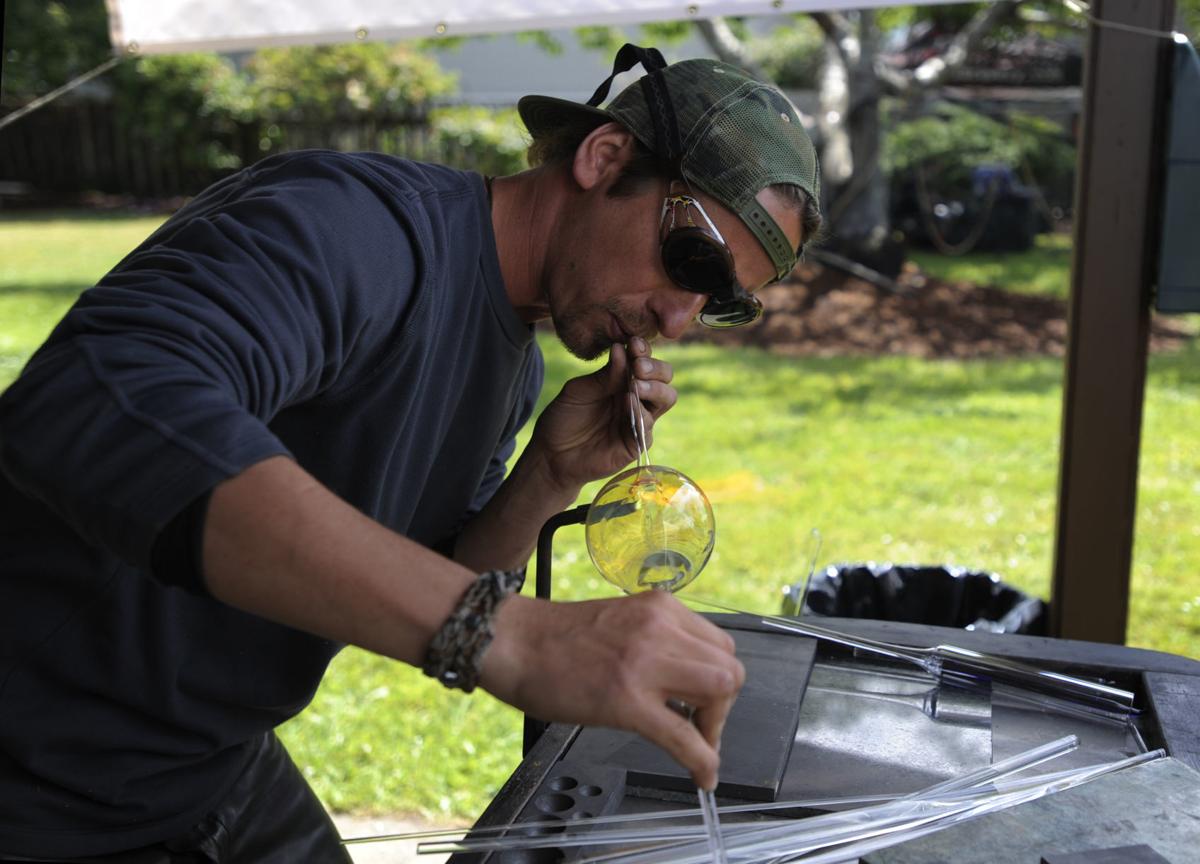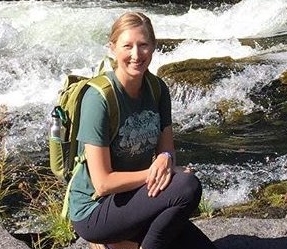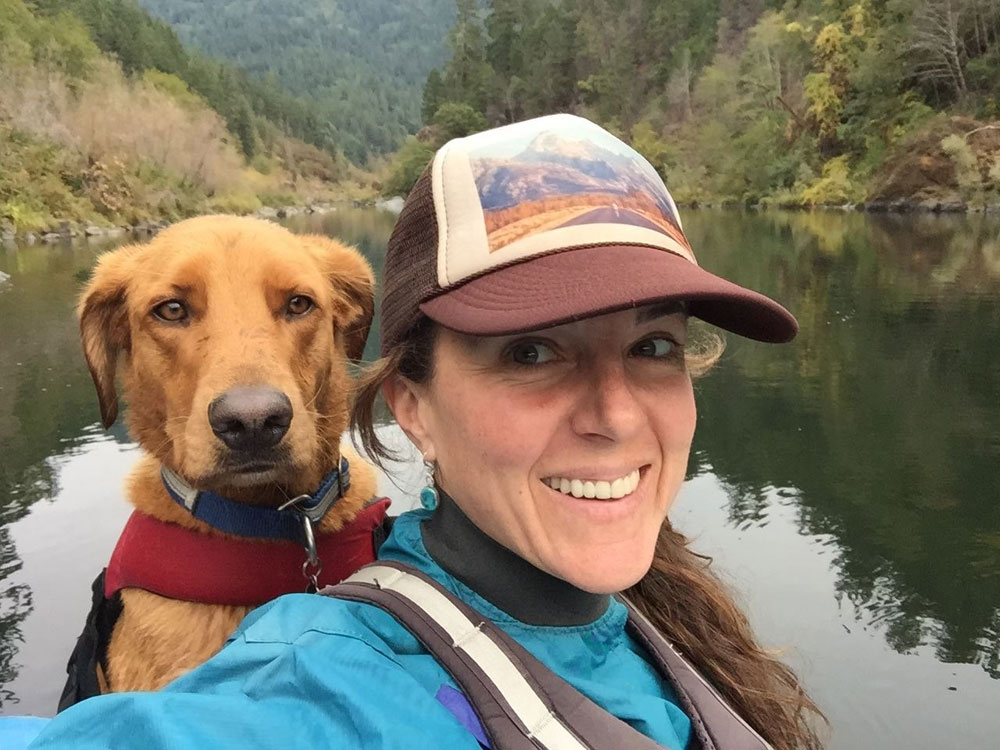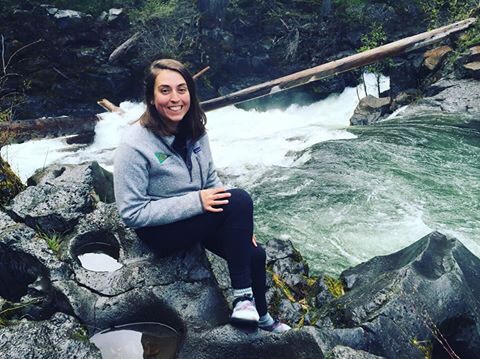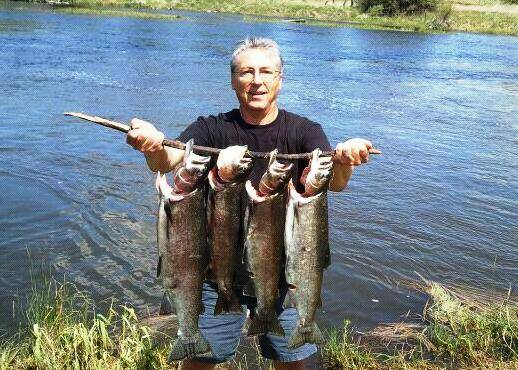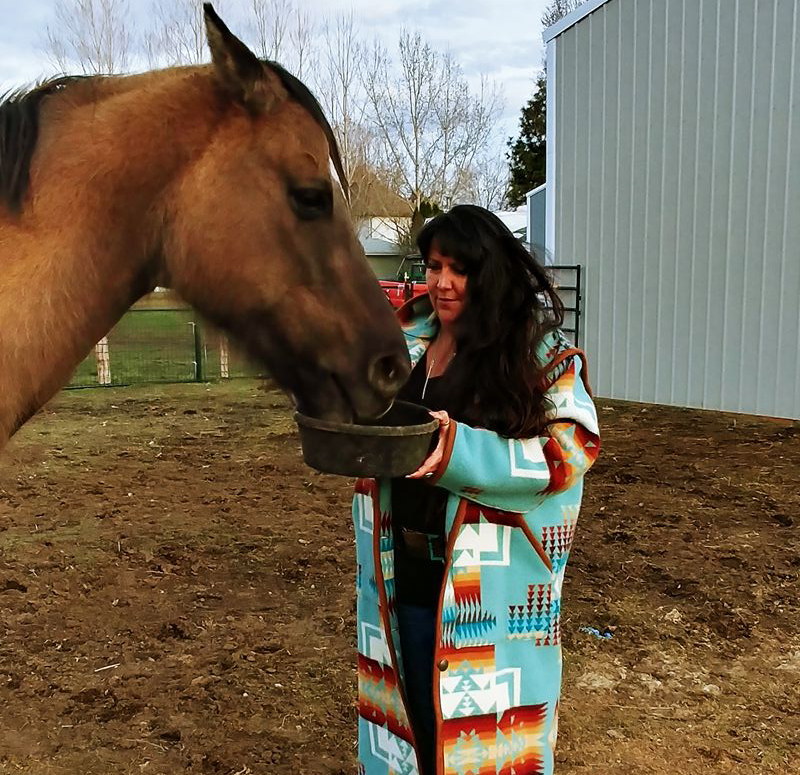The People Featured in Holding The Thin Green Line
Parts 1 & 2
The World’s Largest Methanol Refinery & A View from the Blast Zone
Jasmine Zimmer-Stucky was senior organizer for Columbia Riverkeeper from 2012 – 2019. She was their principal organizer in Cowlitz County and did groundbreaking work in helping to coordinate opposition the Kalama Methanol Refinery. She now works for Friends of the Columbia Gorge on farm, forest and fish issues.
Eric de Place, Director of Thin Green Line, spearheads Sightline’s work on energy policy. Known as a leading expert on coal, oil, and gas export plans in the Pacific Northwest, he is considered an authority on a range of issues connected to fossil fuel transport, including carbon emissions, local pollution, transportation system impacts, rail policy, and economics. He has researched and published more than four hundred articles, reports, and analyses on these proposals, and his work on fossil fuel transport has been cited by regional and national news media outlets more than a thousand times.
Bill Kupinse teaches literature, ecocriticism and creative writing at the University of Puget Sound. He has published essays on waste and consumerism in the work of H. G. Wells, James Joyce, and G. V. Desani; an essay on Leopold Bloom’s ecological fantasies in Ulysses is forthcoming. His current research is on the intersection of modernist literature and early twentieth-century environmental thought. He is the Tacoma climate movement’s resident poet.
Peter Erickson is a senior scientist with Stockholm Environment Institute in Seattle. He co-wrote a discussion brief that examined Kalama Methanol’s extensive greenhouse gas emissions and also questioned whether the methanol would be used for fuel rather than making plastics, as Northwest Innovation Works was claiming.
Tarika Powell, researcher, anchors Sightline’s work on fossil fuel infrastructure development. In particular, her detailed research on the safety and climate implications of fracked gas expansion projects provides critical information to activists and policymakers alike. Tarika has been instrumental in supporting the LNG struggle in Tacoma by providing activists with detailed and illuminating information.
Annette Bryan is on the Puyallup Tribal Council and is an enrolled tribal member of the Puyallup Tribe of Indians.She has a B.A. Degree from University of Washington Tacoma and a M. S. Degree in Civil and Environmental Engineering from Tufts University. She spent ten years as a Tribal Coordinator at the Environmental Protection Agency, and ten years as the Executive Director of the Puyallup Nation Housing Authority.
Ramona Bennett is a longtime and prominent leader from the Puyallup tribe. She was elected to the Puyallup Tribal Council in 1968, and was Tribal Chairwoman from 1971until 1978. She participated in the takeover of the Bureau of Indian Affairs Building in Washington, DC in 1972 and helped take over Tacoma’s Cushman Hospital in 1976. She also opened doors for women activists by fighting attempts during the 1970s to exclude her from National Tribal Chairmen’s Conferences.
Kevin Tempest is with the Low Carbon Prosperity Institute in Seattle, and was the lead researcher for a paper commissioned by Northwest Innovation Works that challenged Stockholm Environment Institute’s findings and supported the controversial draft supplemental environmental impact statement conclusions.
Parts 3 & 4
JORDAN COVE: The LNG Export Terminal and Pipeline that Wouldn’t Die
JORDAN COVE: A RISING TIDE OF RESISTANCE
Jody McCaffree is a longtime anti-LNG activist who has lived all her life in Southern Oregon, along Coos Bay. She is the director of Citizens for Renewables, a volunteer organization that has been fighting the Jordan Cove LNG terminal for nearly 15 years. She knows more about public policy and local codes than most of the people enforcing them in Southern Oregon.
Stacey McLaughlin is a Southern Oregon landowner in Douglas County. For years she and her husband have been restoring wildlife habit on their 357 acre ranch. In 2011 she found out that the Pacific Connector pipeline would go across her property. Since then she has spearheaded the fight against the pipeline among the landowners—organizing her neighbors, attending meetings, and filing legal briefs with the Land Use Board of Appeals and was successful in having the Douglas County Conditional Use Permit thrown out in circuit court essentially terminating the entire pipeline project; at least for the time being.
Larry Mangan is a retired wildlife biologist, who lives on a one hundred-acre ranch along Haynes Inlet in the upper part of Coos Bay. His wife, Sylvia Mangan, is a retired public health nurse. The ranch is only a few miles from the proposed site of the Jordan Cove LNG Export Terminal. A few years ago they learned that the Pacific Connector Gas Pipeline was proposed to go through their property. Since they have helped lead the fight to stop the pipeline and terminal.
Sam Schwarz is a native of Coos County and an artist, commercial fisherman and president of the Coos Bay chapter of Surfrider Foundation. He has been involved in many struggles to preserve the natural environment of Coos County and now is helping lead the fight to stop Jordan Cove LNG Export Terminal.
Stacey Detwiler is the Conservation Director for Rogue Riverkeeper. She joined Rogue Riverkeeper in 2016 and brought with her seven years of policy and advocacy experience working on clean water issues in Washington, DC and Oregon. Born and raised in Pennsylvania, she first learned her love of rivers along the banks of the Schuylkill River. Stacey now calls southern Oregon home and loves exploring the beautiful Rogue watershed.
Hannah Sohl is the executive director of Rogue Climate, a grassroots climate action and environmental justice organization in Jackson County, Oregon. She grew up in Southern Oregon. After graduating from Colorado College in 2011, she was awarded a Thomas J. Watson fellowship to study grassroots organizing and the relationships between human communities, rivers, and migratory fish around the world, traveling to Bangladesh, Canada, and Russia. She co-founded Rogue Climate in 2013, with the support of many other Oregonians.
Robyn Jansson is the director of Rogue Riverkeeper, a non-profit organization focused on protecting and restoring clean water and native fish in the Rogue River basin in Southern Oregon. Robyn was born and raised in Southern Oregon and has spent most of her life working on the water. Through her experiences as a river guide, Robyn has been an inspiring river steward, educating people about the uniqueness of river environments and demonstrating how people can protect these special places that we love.
Allie Rosenbluth is Rogue Climate’s campaign director. In college at William & Mary in Virginia, she organized campus events focused on sustainability and student-body diversity. Allie first got connected with Rogue Climate as a volunteer when she was serving as an AmeriCorps Service Member at Rogue Valley Farm to School.


